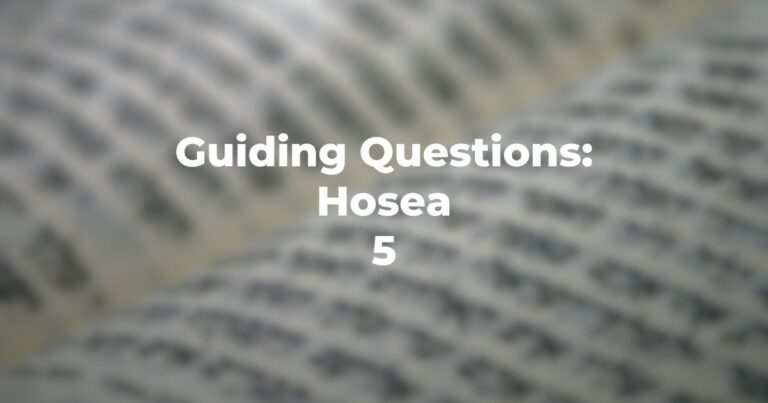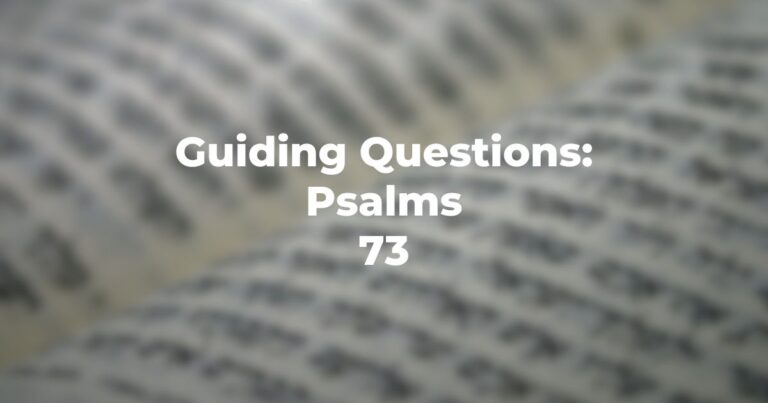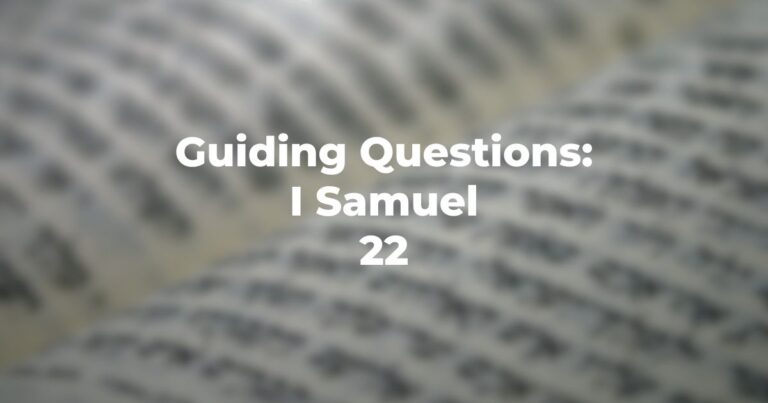- How does the ancestry as set forth in Ezekiel 16:3 constitute a most pejorative description of the origins of the Jerusalemites?
- Ezekiel 16:4 describes the nature of the “birth.” How was it unusual?
- Who is it that passed over the infant that was cast in the field and saw it “rolling in its blood”?
- Although Ezekiel 16:6 clearly deals with the Jewish people compared to a female, where in contemporary liturgy does the second part of this sentence appear (and addressed to the male)?
- From Ezekiel 16:7, the protective power of Divinity is noted and a passage appears which is in the text of what volume used for a home ceremony?
- In Ezekiel 16:8, reference is made to the “maturing” of Israel and to the oath and covenant. What might this reference be to the history of Israel?
- Continuing the reference to Israel as a growing woman what do Ezekiel 16:9-10 indicate as to the “care” within the context of that particular framework?
- What is an “Edi” and how does it deal with “the Divine witness”?
- As a result of the care lavished on Israel, what is its reputation among the peoples (Ezekiel 16:14) and what is the cause of this reputation?
- But, as a result of all this care, what has been the action of Israel (Ezekiel 16:15-18)?
- With all of the blessings that had been showered on “her” (Israel), what was done with this largesse (Ezekiel 16:18-22)?
- And, as a result (Ezekiel 16:23), what has become of Israel?
- What are the “high places” (in the worship sense) to which reference is made in Ezekiel 16:24-25?
- The constant reference to promiscuous/prostitutional conduct actually has reference to what?
- According to Ezekiel 16:27-30, has mild admonition in any way deterred Israel from its non- or anti-mitzvah direction?
- Would Ezekiel 16:32-33 indicate that the idolatrous practices were limited or were multiple?
- Finally then, Ezekiel 16:35-37, following the description, refer to Israel as a whore and then posit what as the result?
- Reference is made to “your nakedness.” In political terms, what is the reference in Ezekiel 16:36-37 as to the State of Israel?
- What is the judgment of the adulteress and of the murderess?
- Ezekiel 16:39-41 deal with the denouement once again (in political terms). What is it?
- Would Ezekiel 16:42, however, hold forth some hope?
- In Ezekiel 16:43-52, Judea is compared to a “member of a family” with the phrase “like mother like daughter.” With what “relatives” is she identified? Why, in particular, is Sodom considered her “sister”?
- But, when all is said and done (Ezekiel 16:51), were these “relatives” more or less sinful than Judea?
- As a matter-of-fact, what will become of these “relatives” (Ezekiel 16:53)?
- Ezekiel 16:59 indicates that the punishment is inevitable, but is it forever (Ezekiel 16:60)?
- Why, then, in spite of the vile action described will Judea, finally, be dealt with more kindly?
- But, while “good things” will ensue what will always be remembered (Ezekiel 16:63)?
- In sum, is forgiveness assured in spite of all that is recounted in this chapter?
- And, is that forgiveness “complete” or in any fashion “modified”?
Author
-

Exploring Judaism is the digital home for Conservative/Masorti Judaism, embracing the beauty and complexity of Judaism, and our personal search for meaning, learning, and connecting. Our goal is to create content based on three core framing: Meaning-Making (Why?), Practical Living (How?), and Explainers (What?).
View all posts




